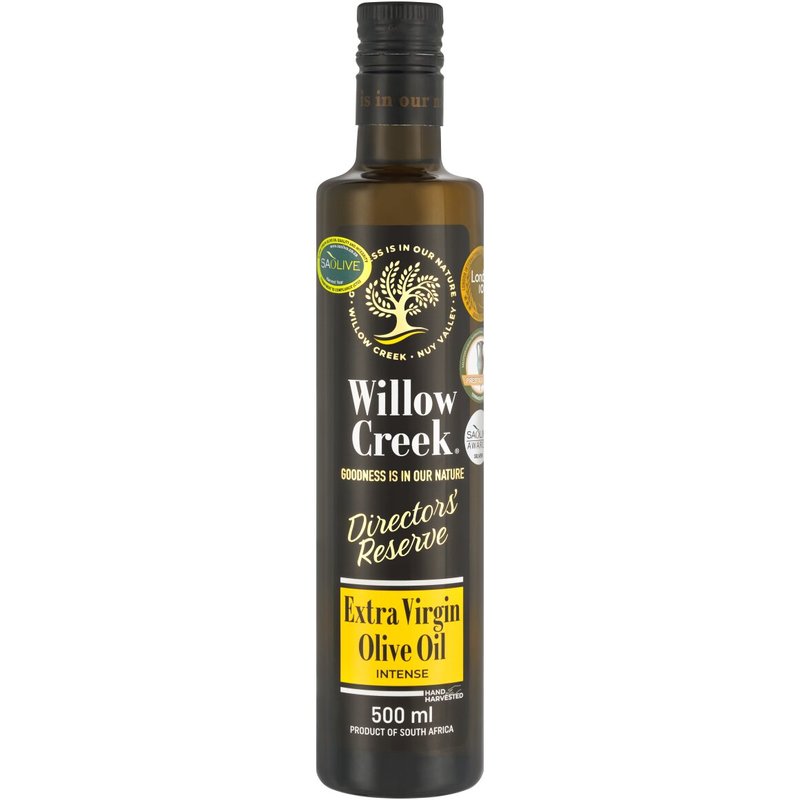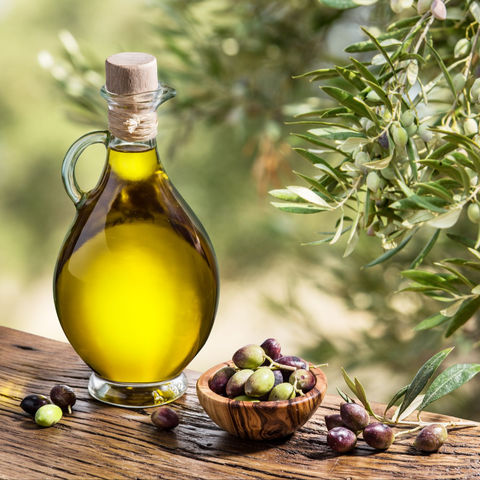Understand Everything About Olive Oil and Its Vital Function in Mediterranean Cuisine
Olive oil, a necessary ingredient in Mediterranean food, has a rich background prolonging over thousands of years. This article aims to strengthen your understanding of olive oil and its indispensable function in Mediterranean lifestyle and food.
The Background and Origin of Olive Oil in the Mediterranean

Identifying Kind of Olive Oil and Their Special Features
Digging right into the globe of olive oil, one quickly finds a shocking variety of types, each boasting special characteristics and taste accounts. Bonus virgin olive oil, the best quality, is renowned for its robust taste and low acidity. Virgin olive oil, though less elegant, offers a well balanced preference and a slightly higher level of acidity level. Pure olive oil, a blend of cold-pressed and processed oils, possesses a lighter taste and shade, making it appropriate for food preparation as opposed to clothing. Light and additional light olive oil, in contrast to their names, do not describe calorie content yet instead to their color and flavor, which are the lightest among all kinds. Lastly, infused olive oils, which are imbued with herbs, spices, or fruits, add an unique twist to conventional olive oil.
The Production Refine: From Olive Grove to Container
Recognizing the various kinds of olive oil and their distinct features is simply the beginning. The manufacturing procedure, from olive grove to container, is a fascinating trip soaked in custom and precision. It begins in the olive groves, where the fruit is harvested at the ideal time to make sure the most effective flavor. The olives are after that rapidly carried to the mill to avoid spoilage. Below, they are cleaned and squashed right into a paste. The paste is combined, permitting the oil to separate from the pulp. This oil is after that pressed and filtered, causing the finest of olive oil. The process is precise, showing the importance of this gold liquid in Mediterranean cuisine.
Olive Oil's Contribution to Mediterranean Cuisines
Instilling a variety of Mediterranean dishes with its distinctive taste, olive oil makes its i loved this mark as an indispensable component. It conveys a rich, durable taste to salads, pasta, and baked veggies, while including a silky texture to sauces and dips. Its usage is not limited to simple food preparation; it also acts as a clothing for salads and a dipping sauce for bread. In Mediterranean food, olive oil is used freely, not just for its preference, yet likewise for its ability to improve the tastes of other ingredients. It's no exaggeration to claim that olive oil is the foundation of many Mediterranean dishes, giving a hidden note of taste that binds together diverse active ingredients. The significance of olive oil in Mediterranean cuisine is self-evident; it absolutely defines the region's culinary identification.
Wellness Conveniences of Olive Oil: Why It's a Mediterranean Diet Regimen Staple

Final Thought
In conclusion, olive oil, quintessential to Mediterranean food, has a rich history and unique manufacturing process. Its various types each have special tastes, boosting a myriad of dishes and adding to the diet's total health advantages. As it remains to be an irreplaceable staple, olive oil's influence extends beyond the kitchen, considerably affecting heart health and wellness and general well-being. The journey of olive oil really illustrates the essence of the Mediterranean lifestyle.